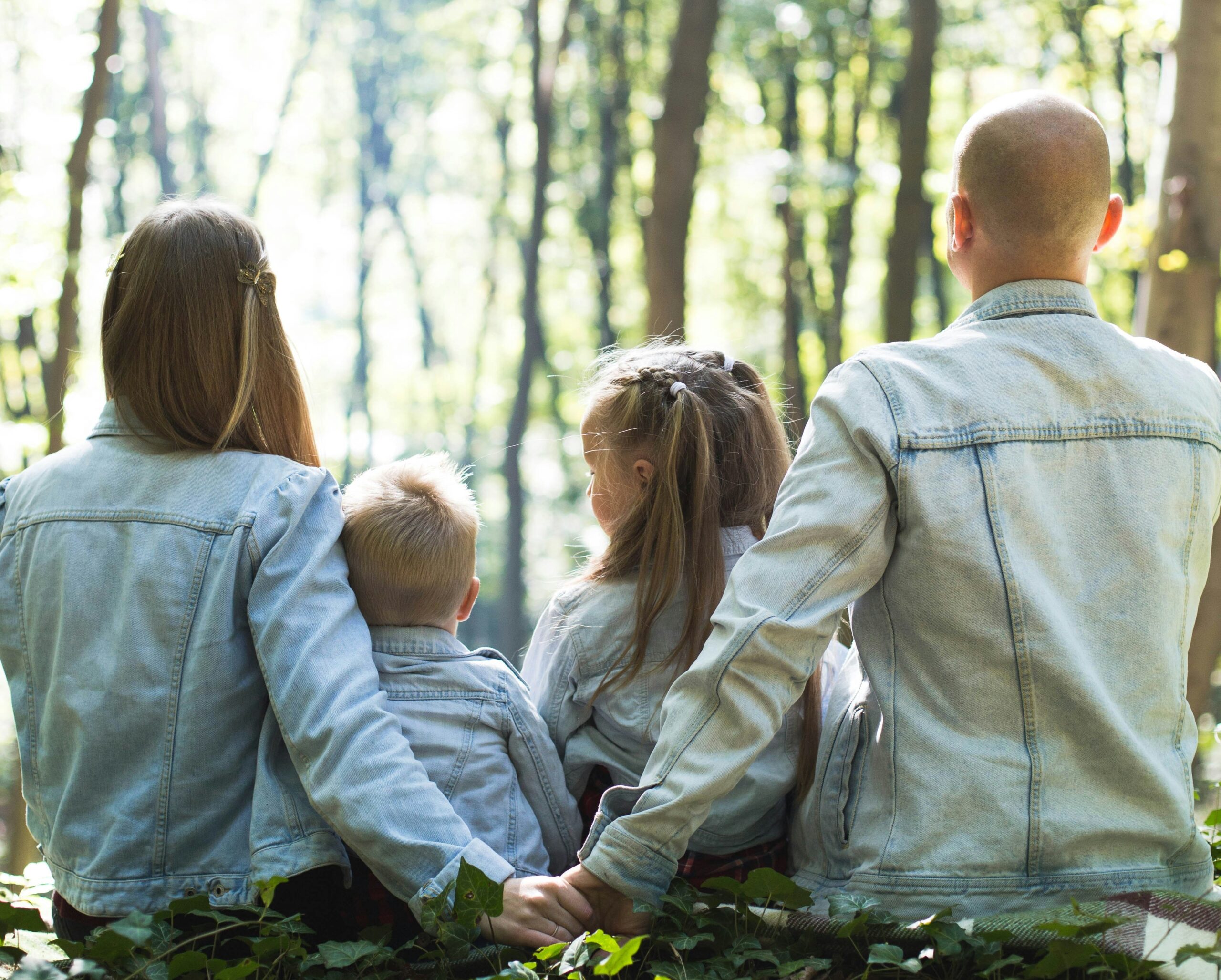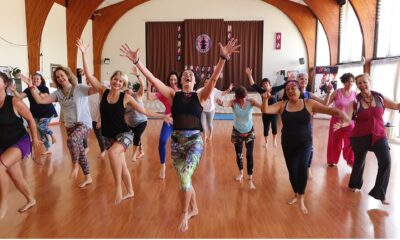
Featured Item

Kindness key to kids’ mental health
Pressure, anxiety, and bullying are some of the challenges kids navigate today and so, helping them to attain a sense of well-being and happiness is more vital than ever.
“We’re living in a stressed, rushed, and overwhelmed world,” said educational psychologist, author, and speaker Naomi Holdt. “When we’re stressed, the neurochemicals released in the brain cause havoc in our bodies, sending us into fight-or-flight mode, so much so that it often feels like a struggle to hold onto any sense of happiness.”
Hosted at King David Primary School Linksfield recently in line with its new anti-bullying initiative “It’s cool to be kind”, Holdt’s talk uncovered the power of kindness in raising happier children. She said kindness has been scientifically proven to act as a buffer to stress. Its benefits include protecting the cardiovascular system, boosting the immune system, relaxing the nervous system, and even serving as an antidote to depression. Kindness helps release feel-good hormones and improves relationships – the strength of which strongly correlate with happiness. It also increases self-esteem and improves mental health.
Though the word “kindness” may be overused, its ability to change your life and that of your kids cannot be overestimated, Holdt said. In a Yale School of Medicine study, on the days that participants did more acts of kindness – things as simple as letting a car cut in front of them in traffic – their stress decreased and they felt fewer negative emotions. On the days where they did fewer acts of kindness, the opposite was true.
“In parenting, as in life, it always starts with us,” Holdt said. “Parenting is far less about your children and far more about who you are within yourself. Your child’s brain is wired from birth, not from anything you say, but from what they see you do. That’s what shows them every single thing that they learn. If you’re not kind, you cannot expect your child to be kind.”
To teach our kids kindness, we need to ask ourselves whether we’re living the life we want to be living. “Because if my answer is ‘no’, I’ve got to change things,” Holdt said. “We all make huge mistakes and it’s important for kids to see that we make mistakes too. Don’t simply let things rest, but repair the relationship after you mess up, and model such behaviour to your kids.”
Holdt also cautioned against judging our kids based on various aspects of their behaviour. When we judge ourselves or others unkindly, it has an impact on our children, she said. “We also judge our children in so many ways, even in our thoughts, which has an impact on the things that we say or do and how we see them, something they pick up.
“Our kids can be only who we see them to be. What we believe has an impact on how we interact or communicate with others, including our children. Judgement is very different to guidance within a connected relationship. When we judge, the result is always the same. The child believes, ‘I’m not good enough in my parents’ eyes.’”
It can lead to anxiety and depression. So, see the best in your children and recognise their capacity for kindness so they themselves believe they have this capacity. Be kind to your children by rethinking the ways that you do things and finding ways to show them that they matter by, for example, showing interest in their passions.
Social media is also giving our kids and teens “a picture of perfect” that doesn’t exist, Holdt said. They will therefore always fall short when they compare themselves to such illusions. This also leads to nastiness and bullying.
Touching on toxic shame, Holdt said that as human beings, we’re wired for love. So, when we – the people they love and look up to – shame our kids, it leaves them feeling completely worthless. Things like punishment, humiliation, public criticism, and making assumptions about the way they’ll mess up are all contributors here. Shame and depression are intrinsically linked.
“Behaviour isn’t changed by controlling through fear but when we find out the ‘whys’ behind it,” Holdt said. “The more we understand where the behaviour comes from, the more compassionate we can be, and the more we can do to really change that behaviour.”
Think about the words you use, Holdt said. “We say unkind things far too easily to our kids. Our kids form the basis of who they are and what they believe about themselves based on the things that educators, that parents, have said to them, so break negative cycles.”
She also emphasised the need to show empathy, to see things from someone else’s perspective. “Just because you’re an adult, why is your version of reality more reliable than a child’s version of events? Your adulthood doesn’t mean you’re right.” Being able to see things from another perspective is powerful. Our kids need to see how we do that, she said.
Teens especially go through hard times as their brains develop and they battle to establish an independent identity. That’s why it’s important to normalise big emotions – they must feel allowed to express how they’re feeling. “Your children need to feel safe enough to be at their most vulnerable for you. These moments offer the greatest opportunities for making the deepest connections,” Holdt said.
“Take each opportunity for connection, even at inconvenient moments,” she said. At a stage where they feel so alone, they need to know we’re there for them no matter what.
“As a parent, I cannot stop world events, the knocks and disappointments, the sadness, but I can create the wiring for the best buffer possible by how I live, by the small choices that I make, and by the kindness that I choose to scatter into the world. Most human beings of all ages are struggling, but we can up the odds of happy.”










